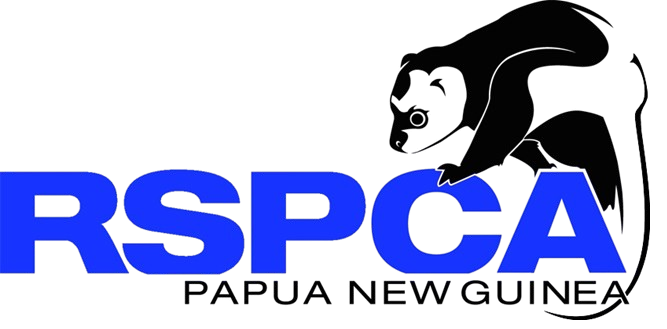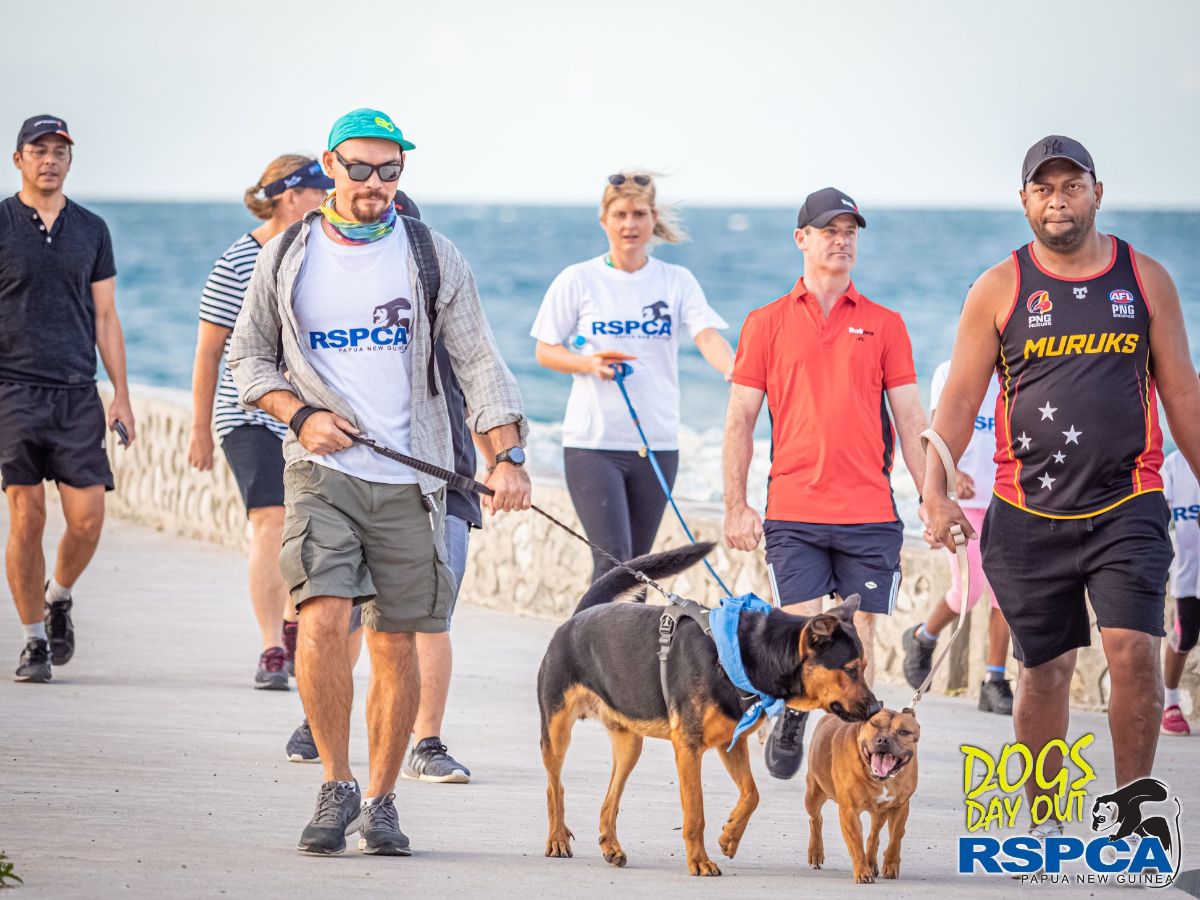
There are many different birds that can be kept as pets, but different birds need different enclosures and different types of food.
Before you choose a bird, take the time to find out what you will need to care for it, and be sure you are prepared to accept the responsibility of caring for it for many years. Some birds live for 30 years or more.
All birds need:
- food and water ‐ every day
- an enclosure to protect them from the weather and from other animals
- a safe perch, and many will need a nest box as well
- enough room to fly and behave normally
- routine veterinary attention
No bird should be tied up. Ties or chains to legs or necks or wings will cause injuries and sometimes even kill a bird.
It is always best to buy a captive bred bird that is healthy and tame. Birds recently taken from the wild will often die from bad handling and the shock of capture.
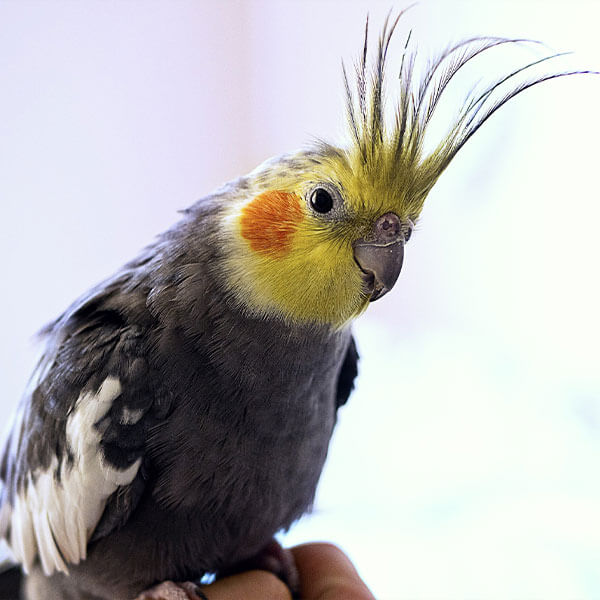
Feeding
Make sure you know what to feed your bird, and think about how it would feed in the wild.
Cockatoos and most parrots are ‘seed eaters’ but need some fruit as well as greens. They particularly like corn, pumpkin seeds, and bok choi, but any fruit, green vegetable, and even bread and cooked rice, is acceptable. Do not feed your parrot only on seeds (especially not sunflower seeds), and a selection of food should be offered each day.
Lorikeets are nectar eaters, and need flowers as well as fruit. These birds can be difficult to feed in captivity and the RSPCAPNG Vet Clinic sells a specially formulated protein lorikeet mixture which can be used as a dietary supplement.
Eclectus Parrots need fruit and vegetables as well as a little seed. They eat similar food to the cockatoo, but they are particularly fond of sugar fruit and corn.
Other birds eat insects, or meat or fish as their main food.
All birds need some greens, thistles, grass, or sprouting seeds, to provide vitamins.
Most birds need shell grit or cuttlefish as a source of calcium.
All birds should be provided with clean drinking water every day; but many really enjoy taking a bath. Lorikeets especially enjoy splashing in water two or three times a week, so their water container should be large enough to allow them to do this.
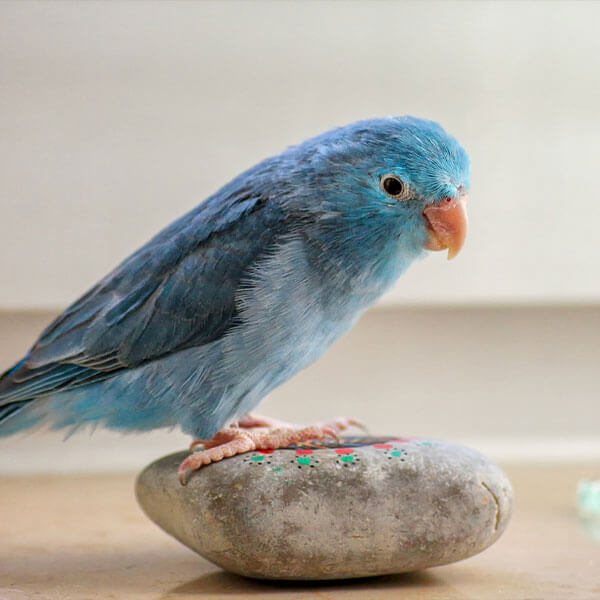
Shelter
Birds need to be sheltered from the wind, heavy rain, and the hot sun.
Perches should be the correct size for a bird to grip easily and at a suitable height from the ground.
Lorikeets need a swinging perch as well as fixed perches.
Aviaries or cages should be large enough for flight, contain several perches and more than one feeding station.
Parrots and Cockatoos need to chew on branches and fresh ones should be provided for them each week.
Birds living freely in a secure yard still need shelter, and to be supplied with food and water daily to prevent them returning to the wild.
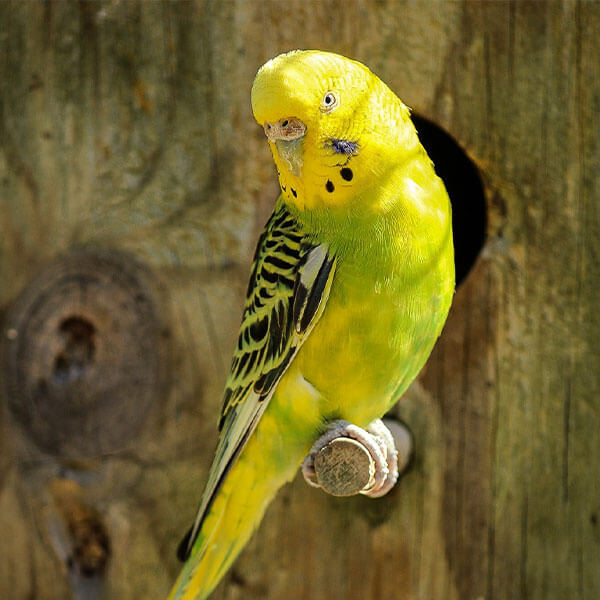
Wing clipping
Flight feathers can be clipped to limit flight and restrain the bird in a safe environment. Clipping needs to be done after every moult as the clipped feathers will re‐grow. Different birds have different clipping needs ‐ some long tailed birds can fly with one wing clipped, for other birds clipping one wing is all that is needed. If you are unsure how to clip flight feathers painlessly please ask advice from the RSPCAPNG Vet Clinic.
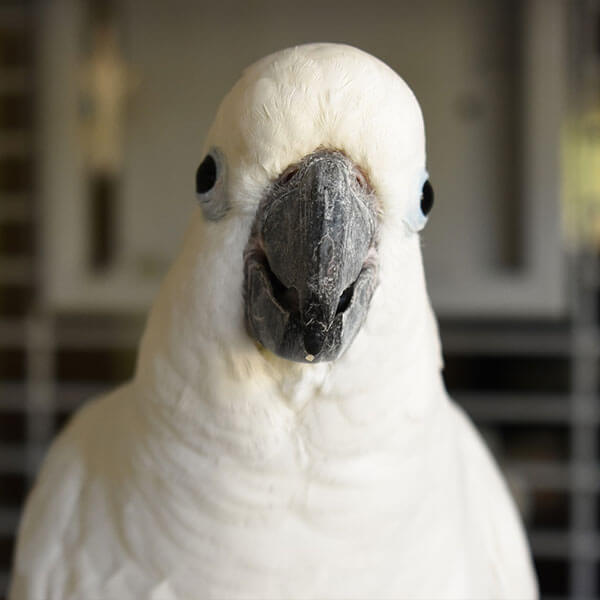
Veterinary attention
All birds require routine treatment for internal parasites (worms) and should be kept free of external parasites (lice and mites).
Feather plucking is a common problem found in captive birds and there are a number of causes: external parasites and boredom are frequent reasons, but if the problem persists you should consult the RSPCAPNG Vet Clinic.
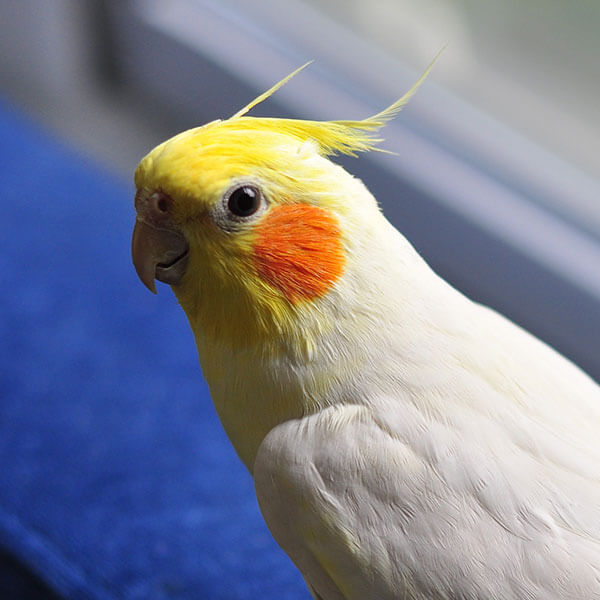
Handling and training
Most birds belonging to the parrot family are easily trained and become very tame when handled regularly; however these birds can show displays of bad temper, sometimes for no apparent reason. Never attempt to hit a bird, as this will only make matters worse.
Birds are far more intelligent than most people realise, and become bored if they are kept on their own, in a small space with nothing to look at, or with little human contact. Lorikeets really appreciate toys to play with, such as small plastic items that can be tossed or rolled.
Many birds can be trained to talk, to come when they are called and to perform ‘tricks’. Giving your time and attention while training your pet bird prevents it from becoming bored and bad tempered, while forming a strong friendship between you and your bird companion.
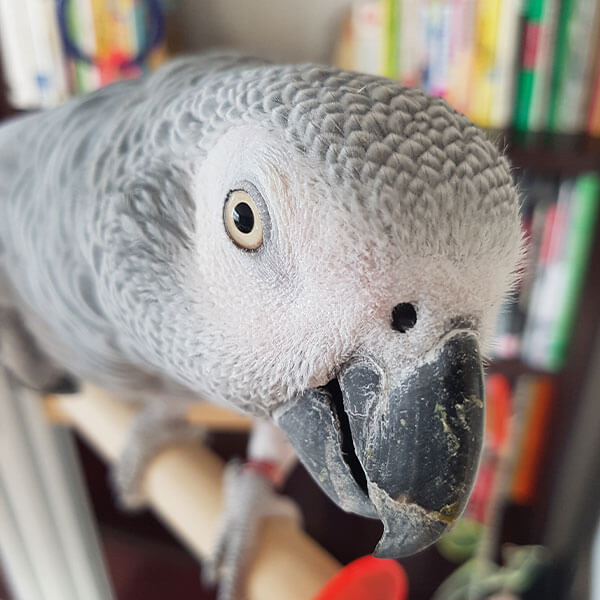
Going on holiday
Finally, if you are going away from home for more than a couple of days you must arrange for a responsible person to provide food and water for your bird every day that you are away.
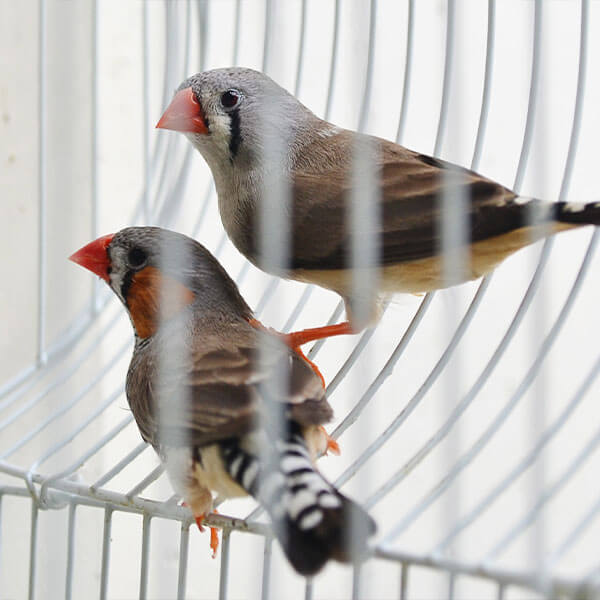
If you have any queries on the health or care of your pet please visit the RSPCAPNG Vet Clinic during surgery hours:
Monday – Friday: 9:00am – 4pm
Saturday: 9am – 1pm
Sundays and public holidays: Closed
The RSPCAPNG Shop stocks a full range of animal grooming and health care products and staff will be pleased to advise you on the best product for your pet.
The RSPCAPNG believes that all animals have the right to live their lives with:
- freedom from hunger or thirst
- freedom from excess heat or cold
- freedom from disease
- freedom from pain and suffering
- freedom to move and behave normally
For further details about membership or the work of the RSPCAPNG in Papua New Guinea please call 325 2363 or email rspca@rspca.colonygroup.co
